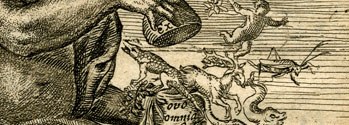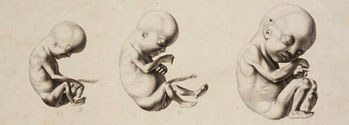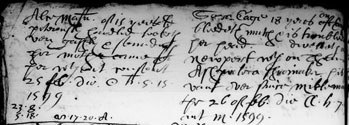Thursday 4 December 2008
4.30pm in Seminar Room 2, Department of History and Philosophy of Science
Rayna Rapp (New York University)
'Making the invisible visible: the hidden history of families, schools, civil rights, media and science in the production of learning disabilities'
Two generations ago, there were virtually no 'LD children' in the United States. Yet by 2008, they had become 15% of the national student population. A series of remarkable institutional, legal, scientific and cultural changes have coalesced over this period, creating a sea-change in the American imaginary. Yet these large-scale transformations often began in domestic experiences of anger and desperation: the work of families with atypical children was central to these developments. This presentation highlights the unanticipated activism on the part of parents which helped to shape new understandings of human variability and the hierarchies in which social differences are embedded.
There will be tea before the lecture, at 4pm in Seminar Room 1, and a drinks reception afterwards, at 6pm in Seminar Room 1.
Discussion led by Rayna Rapp
Thursday 4 December at 11.30am in Seminar Room 1 – all welcome
'Reverberations: gender, generation and social reproduction in the life course of families with children with disabilities'
When parents fight for school-based services; or decide to produce a film intended to make the social world a more accepting place for their child, such experiences transform not only the lives of affected youngsters, but the life course of the family, as well. In our research on innovation in special education, we have been struck by the density of such stories: often, a child's differential development leads a parent toward new understandings, and from there, toward frank activism and innovative choices in work and in community life. Not all stories are, of course, positive ones: divorce and family divisions also stalk families with children with disabilities. This presentation examines the relations of gender and generation that are stretched and sometimes transformed by 'a difference in the family'. Our fieldwork brings us back to the most basic 'invention' of anthropology, the study of kinship. We argue that the changed shape of a life cycle for a child with a disability and his/her intimate others has reverberation on the 'public intimacy' of kinship and a transformation of the social world, as well.



